DNVN - In 2011, when a large amount of seaweed washed up on the Caribbean coast, local people were confused and did not know how to handle it.
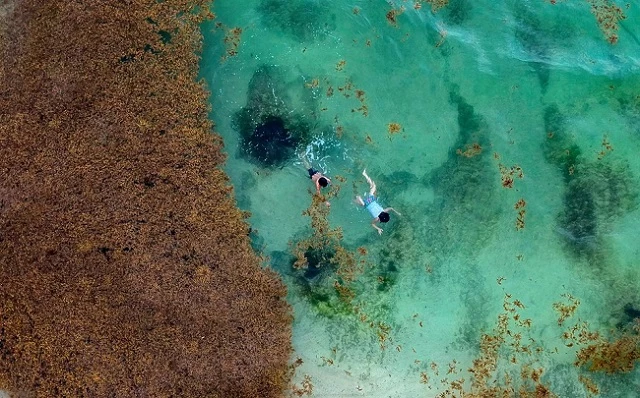
Soon after, piles of seaweed from the Sargasso Sea began to flood the shores, causing serious damage. The combination of pollution and rising sea temperatures caused the seaweed to grow at an alarming rate. As it decomposed, it produced a very unpleasant stench.
“Local tourism is badly affected by seaweed, with hotels spending a lot of money to deal with it,” said Legena Henry from the University of the West Indies (Barbados). “The seaweed is causing a crisis.”
Not only does seaweed affect the tourism industry, it also threatens human health due to the hydrogen sulphide gas released during decomposition. In addition, the habitat of many local animals is also severely damaged by their appearance.
Dealing with the massive amounts of seaweed is a major challenge for small tourism-dependent islands with limited resources. In 2018, Barbados’ then- Prime Minister Mia Mottley declared a national emergency over the seaweed.
Now, a team of Caribbean scientists and environmentalists are trying to turn this problem into an opportunity by producing biofuel from seaweed. They have introduced a vehicle that runs on compressed natural gas, with fuel produced at the University of the West Indies in Barbados, using added winery wastewater and local sheep manure, which contains vital anaerobic microorganisms.
According to the research team, any car can be converted to use this biogas in just about 4 hours at a cost of about $2,500.
Initially, scientists planned to use sugarcane to create biofuel to achieve Barbados’ zero emissions target. However, according to Legena Henry, although Barbados still maintains sugarcane cultivation, the output is not enough to meet the scale of the project.
In contrast, seaweed is found in large quantities year-round. One of Henry’s students, Brittney McKenzie, has proposed using seaweed to produce biofuel.
Brittney then went about collecting seaweed from the beach and building a small bioreactor to conduct initial experiments. “In just two weeks, we had pretty good results,” she says.
The team has filed for intellectual property rights for their formula and presented the project to investors at an event on the sidelines of the United Nations General Assembly in New York in 2019. The project has received funding from several organizations, including the US non-profit Blue Chip Foundation, which provided $100,000.
This effort is a testament to how Caribbean countries are proactively building an environmentally sustainable future.
Cao Thong (t/h)
Source: https://doanhnghiepvn.vn/cong-nghe/bien-rong-bien-thanh-nhien-lieu-xe-hoi-hoa-giai-nguy-co-khung-hoang-moi-truong/20241126100247698






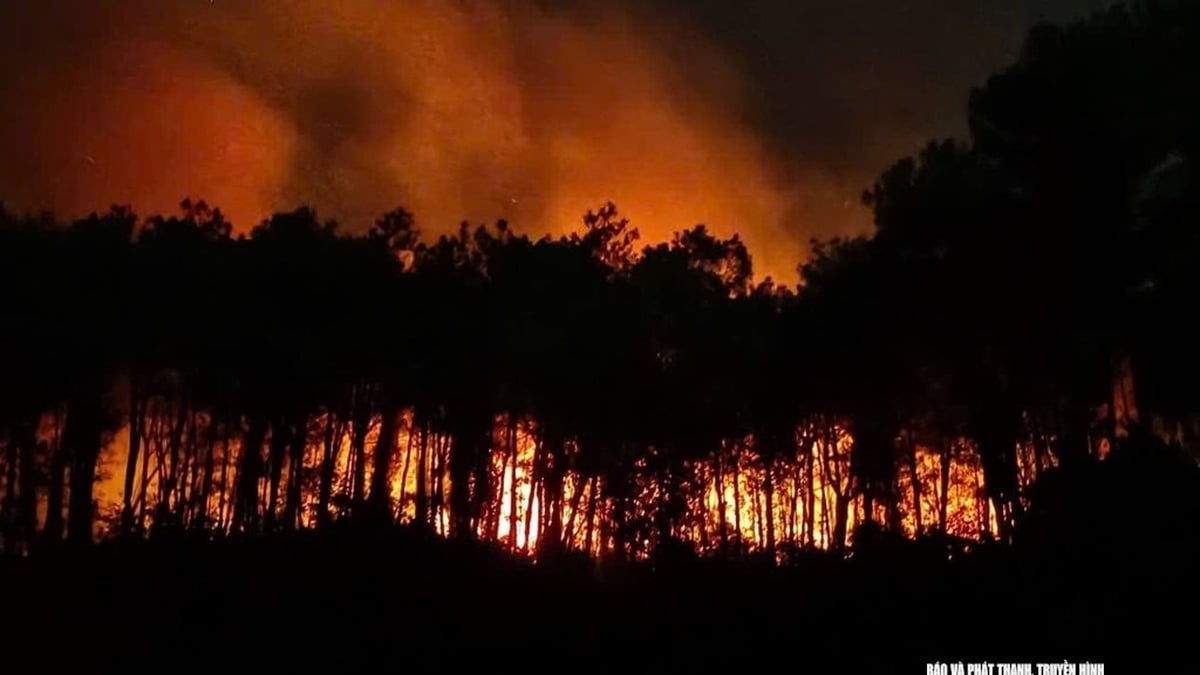































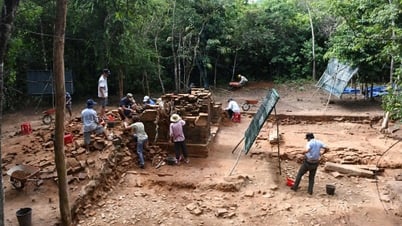
























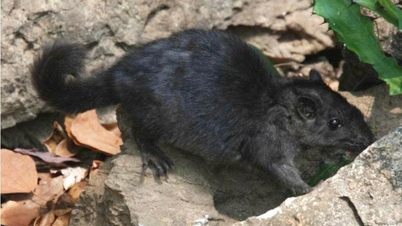








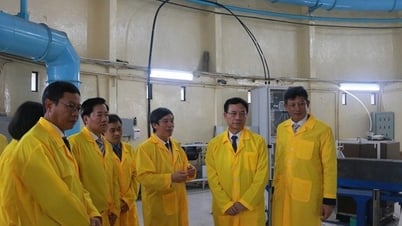


























Comment (0)